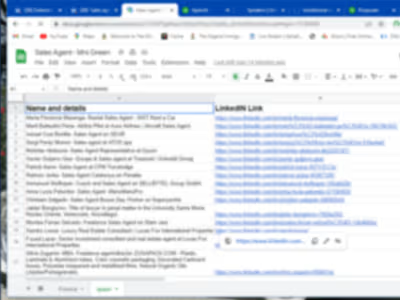Administrative Assistant
The responsibilities include the following:
Managing correspondence: This may include handling incoming and outgoing mail, drafting and responding to emails, and routing phone calls to the appropriate personnel.
Scheduling and calendar management: Administrative assistants often manage schedules and calendars for executives or other staff members, including scheduling meetings, booking travel, and coordinating appointments.
Data entry and record-keeping: Administrative assistants are often responsible for entering data into databases or spreadsheets, maintaining electronic and paper records, and ensuring that all files are organized and up-to-date.
Event planning: This could involve planning and coordinating meetings, conferences, or other events, including making travel arrangements, booking venues, and arranging catering.
Office management: Administrative assistants may also be responsible for managing the day-to-day operations of an office, including ordering supplies, managing office equipment, and overseeing the work of other support staff.
Financial and bookkeeping tasks: This may include managing budgets, processing invoices, and performing basic bookkeeping tasks such as reconciling accounts and managing expense reports.
Like this project
Posted Feb 14, 2023
I was responsible for managing various administrative tasks and ensuring the smooth and efficient operation of an organization.
Likes
0
Views
5






